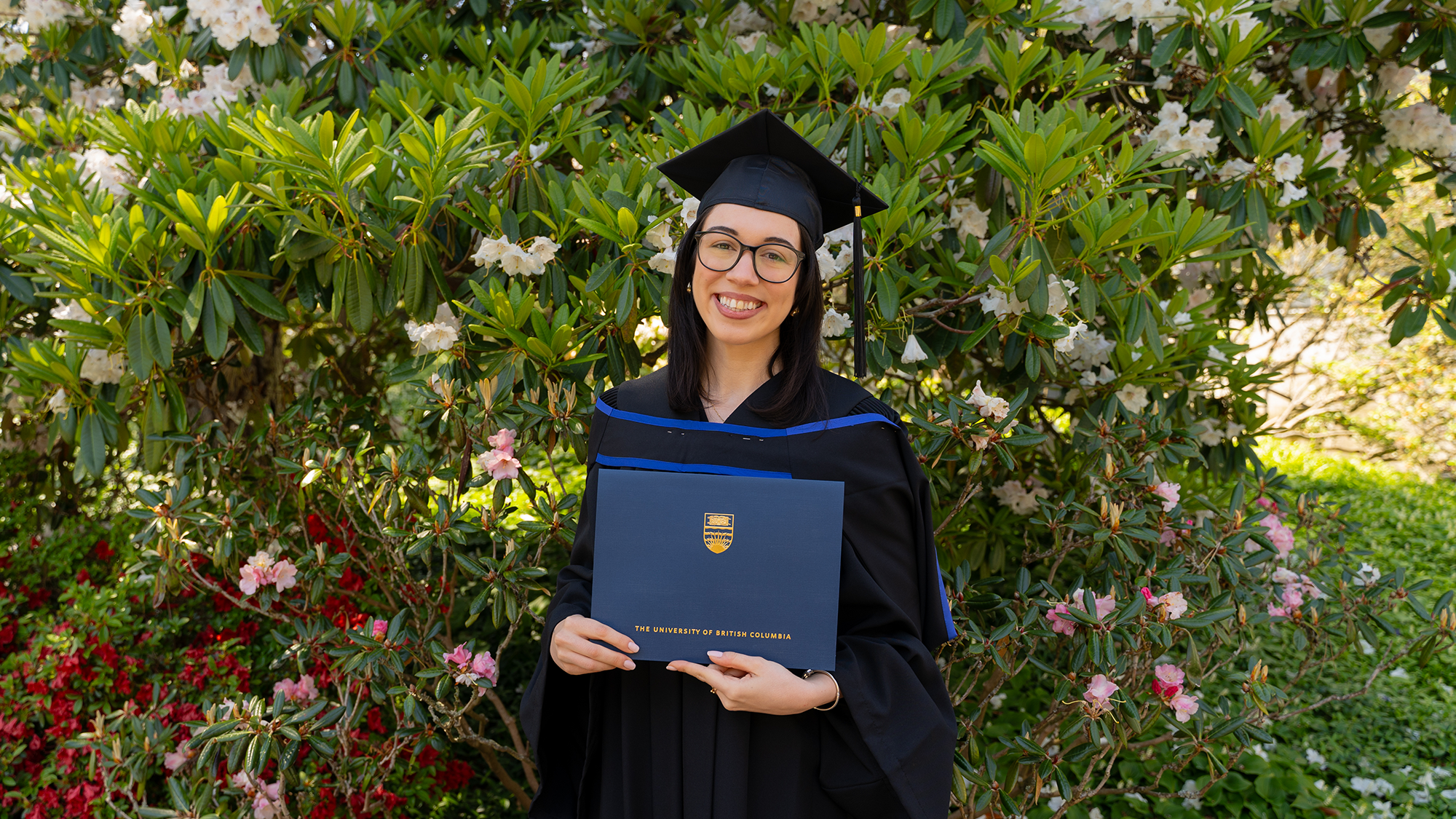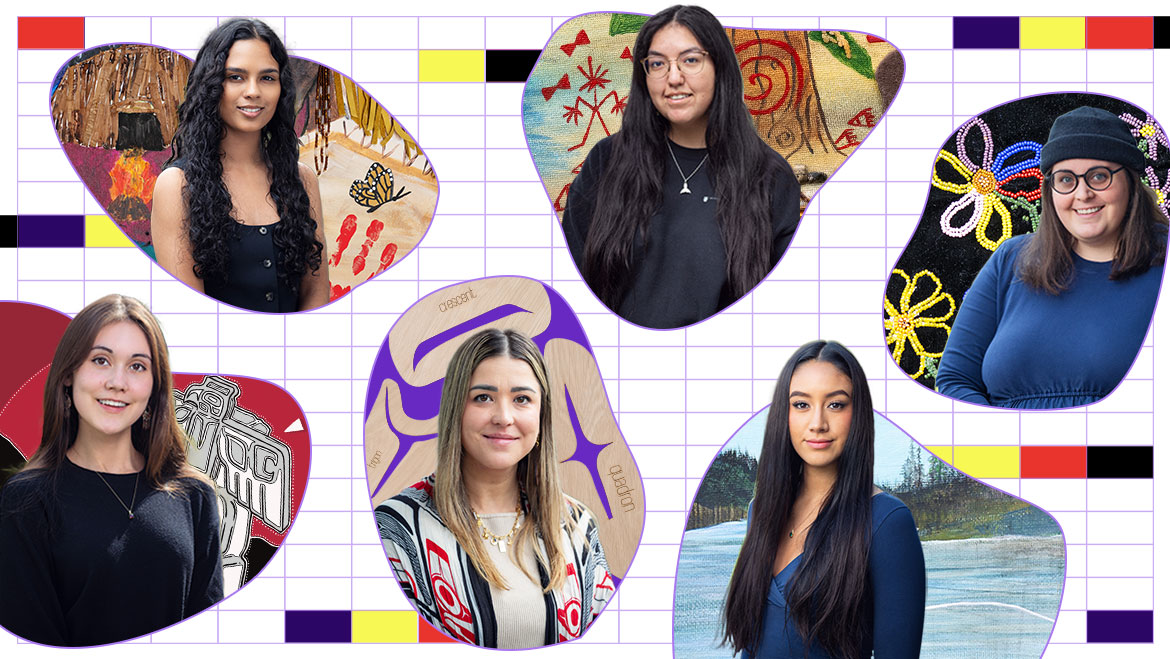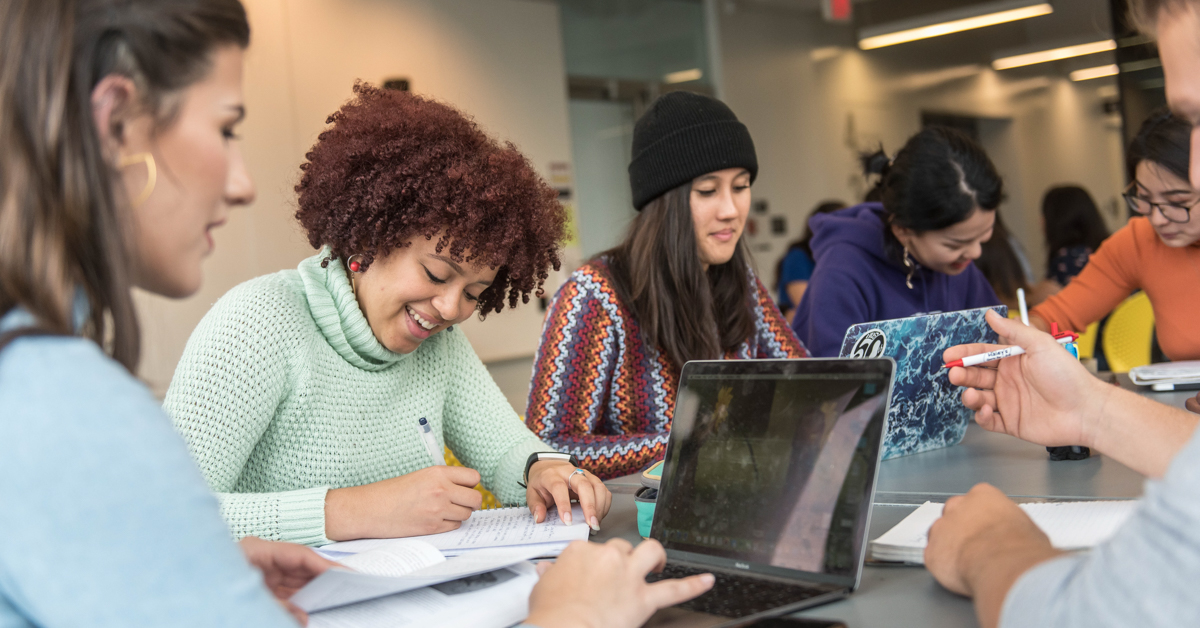

Registration starts this week for the 2021/22 Winter Session! Explore our list of over 20 new courses being offered for the first time ever in the Faculty of Arts.
Featuring topics from 16 programs and a range of introductory to upper-year courses, there’s bound to be a course worth adding to your timetable.
2021/22 Winter Term 2
Asian Internets (ASIA 150)
The internet is a set of global connections, yet everyone experiences it differently, depending on their interests, language, and access. In ASIA 150, learn how more than half of the world’s internet users are connecting, what resources they are using, and how we can learn about contemporary Asian cultures through online sources.
Life and Society in Classical Antiquity: Dark Age and Archaic Greece (CLST 360C)
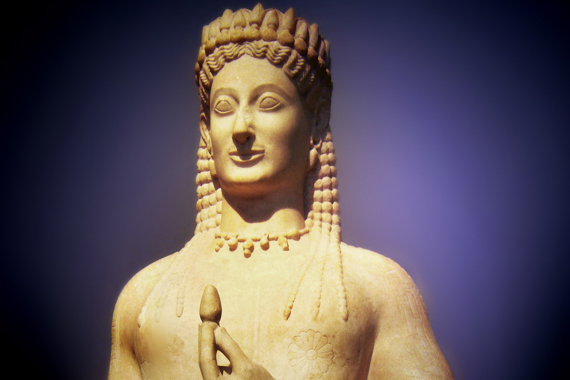

When we think of Ancient Greece, many recall the white marble of the Parthenon or the influential philosophies of Plato and Aristotle. But what happened before the so-called Golden Age of Athens? Through studying the Dark Age and Archaic period, delve into the origins of western democracy, drama, prose, philosophy, the city-state, coinage, and more. In CLST 360C, you will gain experience with interdisciplinary thinking while gaining a clear understanding of the foundations of Classical Greece and its continued influence on the modern world.
Indigenous Two-Spirit and Queer Studies (FNIS 456)
Learn about the cultural contexts, scholarship, literature, and artistic expressions of Two-Spirit, Indigiqueer, Queer, and LGBTI+ Indigenous people, both as an academic area of study and as lived experience and relationship.
Human Rights and Artistic Expression: Thinking Beyond the Legal (GRSJ 226)
In GRSJ 226, analyze how human rights are expressed in the Arts and engage with feminist, race and social justice scholarship and activism.
Documenting Punjabi Canada (HIST 475)
In HIST 475, learn the ethical, legal, and practical dimensions of Oral History practice, and examine the history of Punjabi Canada through the life stories of the people who comprise the community. At the end of the course, you will create a final project based on your oral history interviews, and, if permission is given, make them available to the public.
Creativity from the Margins (GRSJ 308)
Dive into the creative process of marginalized peoples and the intersection of creative writing, social justice, and anti-racist feminism. GRSJ 308 will provide emphasis on how historical and social context are crucial to acts of creative writing and reading.
Search Engines and Society (INFO 303)
Investigate how Google and other internet search engines are powerful, global, and non-neutral tools that drive economies and shape our views of the world. In INFO 303 you will be introduced to aspects of technical implementation and the societal impact of search engines.
Selected Topics in Music: Experiencing Music – An Intro to Music Psychology (MUSC 403C)
In MUSIC 403C, review the psychology of music with a special emphasis on the perspective of the practicing musician and the role of expectation in setting-up the stage for musical communication. Explore basic perceptual mechanisms for musical structures, analyze issues related to music acquisition, performing and composing music, and discuss the relationship between music, expression and well-being.
Issues in International Conflict Management: Transitional Justice (POLI 370C)


How do institutions — local, domestic, and international — address the legacies of human rights abuses? In POLI 370C, consider key questions motivating the study of transitional justice like why societies pursue accountability for past repression, how they go about these pursuits, and what effects these pursuits may have on prospects for democracy, rule of law, and future human rights abuses.
History of Romance Languages (RMST 300)
Gain an understanding of how Romance languages have spread to constitute one of the most prevalent linguistic families in the world by number of speakers and geographic area. In RMST 300, you will study the historical description and linguistic comparison of Romance languages, from the variants of late-Antiquity spoken Latin to the modern varieties of Romance languages.
Global Population Dynamics (SOCI 204)
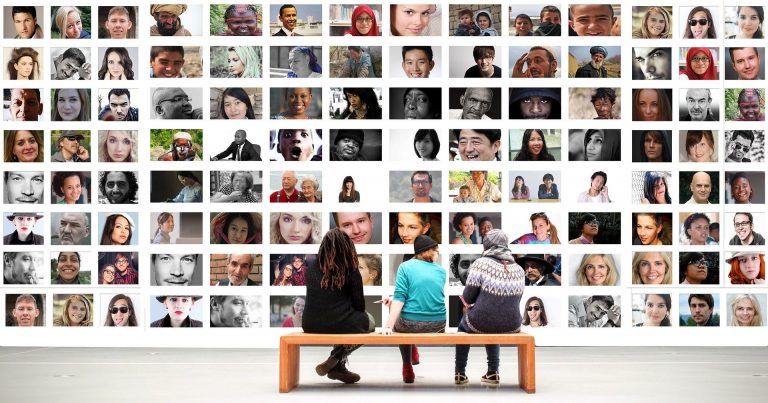

Populations are affected by three primary factors: births, deaths, and migration. In SOCI 204, you will be introduced to important population changes that have occurred over many centuries, including the demographic transition, fertility declines and mortality crises, migration and urbanization, population ageing, and much more.
Sociology of Creativity (SOCI 270)
In our learning and work, we often feel the need to follow the narrow paths that we are told lead to success. These, however, aren’t always the most innovative, impactful, or even successful, ways to go. In SOCI 270, you will learn how social forces impact creativity. Throughout the course, you will cover topics such as why it can be hard to be creative; the myth of the lone genius; the need for diversity in the creative process; and inequality in whose creative ideas get recognized.
Revolutionary Stages (SPAN 409)
Much of today’s modern drama, from Broadway musicals to intellectual farces, descends from rich Hispanic theatrical and performance traditions. In SPAN 409, study the trajectory of Hispanic dramatic literature and performance—from indigenous rituals and dances, medieval mystery plays, Golden Age comedias, to revolutionary dramas denouncing colonial, dictatorial violence and oppressive politics of gender, sexuality, and race up to the present day.
Language of instruction: Spanish
Evaluating Knowledge Production and Mobilization (WRDS 250)


This course will be a thought-provoking exploration of such things as “fake news” and the proliferation of often dubious knowledge sources. It will hone your ability to critique the creation, mobilization, and potential use/misuse of knowledge in both academic and non-academic contexts. It promises to be a highly engaging course that invites you to question and to evaluate the world of information around you.
Please note that WRDS 250 does NOT satisfy any writing, communication, or English requirements.
Knowledge Popularization: Research Writing in New Media (WRDS 360)
Delve into the current media landscape of blogs, Twitter, YouTube, and TED Talks, where research results are often shared and discussed. You will consider how scholarly knowledge is made accessible to a general audience, as well as the forms and impacts of its popularization. You can expect a lively course that unpacks ubiquitous forms of media and that also develops your own fluency in this ever-shifting world of hashtags, snaps, and catchy sound bites.
Please note that WRDS 360 does NOT satisfy any writing, communication, or English requirements.
2021/22 Winter Term 1
Race and New Technology (ACAM 320D)
ACAM 320D examines the relationship between race and shifting concepts of technology. With a particular focus on Asianness and the histories of Asian North American racialization, you will analyze discourses of “new” and mediating technologies that precede and haunt the internet age. Throughout the course, you will link questions about dis/embodiment, transnational networks, and online performance to the ongoing projects of settler colonialism and empire.
The Art of Mockumentaries and Pseudo-Documentaries (FIPR 469M)
The documentary form has always been at the intersection of reality and storytelling. Whether it be sketch-based comedy that engages with social and political realities in TV shows like The Chappelle’s Show, or in feature films like Borat, mockumentaries and pseudo-documentaries have been utilized to both satirize and critique reality, as well as entertain. In this new course, you will examine the history and uses of these forms and also create your own short-form mockumentary project.
Introduction to Literature in French (FREN 311)


This reading-focused course will introduce you to four different literary genres in French: prose fiction, non-fiction, poetry, and theater. Learn how to consider literary texts critically, how to observe the particularities of their form and content, and how to communicate these observations. By the end of the course, you will have the tools and concepts necessary to pursue your studies of literature with confidence and to adapt to the specific requirements and expectations of more advanced classes in the department.
Language of instruction: French
Gaming the System: Digital Media, Social Justice, and Video Games (GRSJ 304)
Analyze emerging technology in the areas of digital affect theory, cyborg feminism, critical digital humanities, critical race studies, surveillance studies, and queer game studies.
(De)coding Information and Why it Matters (INFO 100)
Get an introduction to information and data as concepts and aspects of everyday experience. In INFO 100, you will learn how information is created, shared, authorized, and valued, with implications for communities and societies. You can expect to develop critical perspectives and practices to engage with data, information, and technologies for personal productivity, scholarly inquiry, and civic engagement.
Foundations of Informatics (INFO 200)


INFO 200 introduces the field of informatics, presenting methods and approaches for the analysis, design and evaluation of information objects, activities, systems, and infrastructures in contemporary societies.
Italian Food Cultures (ITST 380)
Italy is world-renowned for its food cultures and Italians put great care into food preparation, consumption, and appreciation. In ITST 380, examine representations of Italian or Italian-derived foodways and the role they play in articulating larger issues concerning contemporary Italy. This includes regionalism, anti-globalization, family history, gender and sexual identities, Italian American food, tourism in Italy, and immigration to Italy.
Language of instruction: English
Japanese Media and Translation (JAPN 465)
Develop translingual and transcultural literacies through critiquing Japanese popular media and translating them into written English in the form of subtitles. Throughout JAPN 465, you will examine five films — each framed by a different set of themes that relate to socio-cultural settings, cinematic concerns, and linguistic areas of focus.
Language of instruction: Japanese
World Music Cultures: Rhythmic Play and Social Meaning in Music (MUSC 328E)
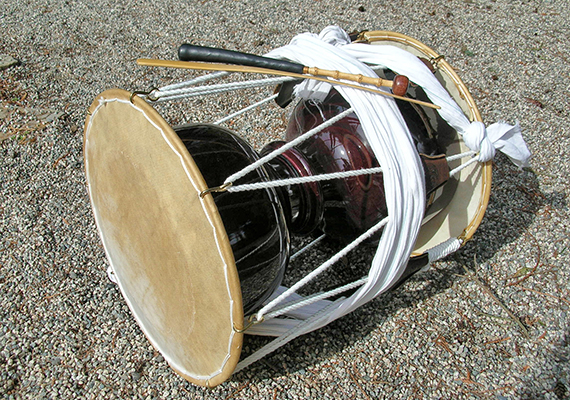

Explore humankind’s deep relationship with drumming and rhythmic play in South Korea, Ghana, and England. Organized around the central concept of entrainment — the ability to perceive a beat and to synchronize to it — you will evaluate the diverse and interrelated ways human cultures create rhythm and devise complex meanings from such activity in the areas of history, cosmology, social cohesion, and our relationship with the natural world. Class activities will be split between lectures addressing historical, sociological, and music-theoretical concerns and lab-style workshops where you will learn to tap along and move to various rhythmic patterns.
Contemporary Political Theory (POLI 341A)
Analyze four key concepts in political theory through the lens of pressing issues: democracy, justice, freedom of speech, and citizenship. In POLI 341A, you will discuss how the digitalization of our world challenges democratic self-governance, how the concept of justice is impacted by historical injustices faced by Indigenous peoples and Black Americans, and how climate change and pandemics should lead us to rethink our understandings of popular sovereignty.
Sociology of Indigenous Peoples (SOCI 220)
Race and ethnicity have played significant roles in the course of North American history and continue to do so today. In SOCI 220, study the effects of the social meanings of race, ethnicity, gender, and class for Indigenous peoples in Canada and the United States.
